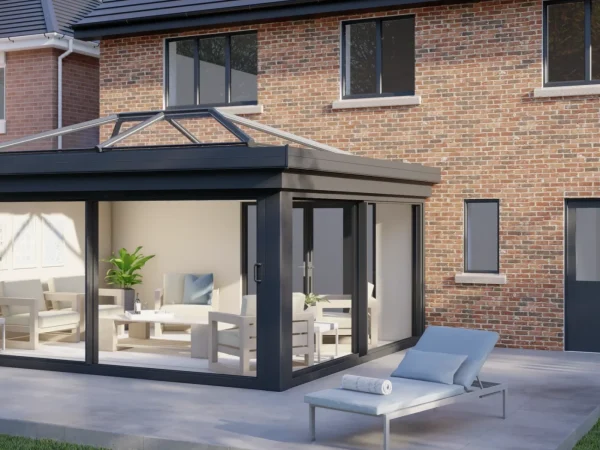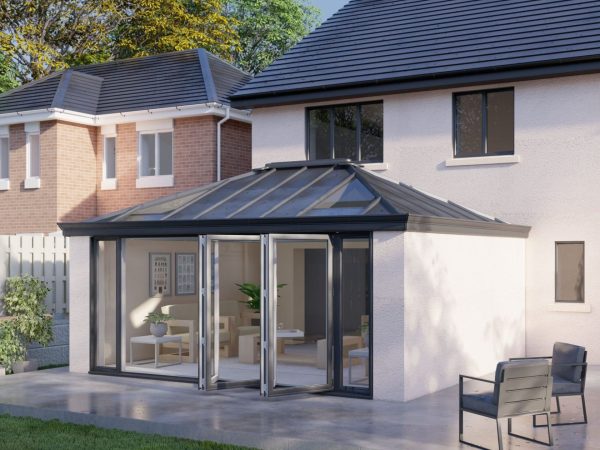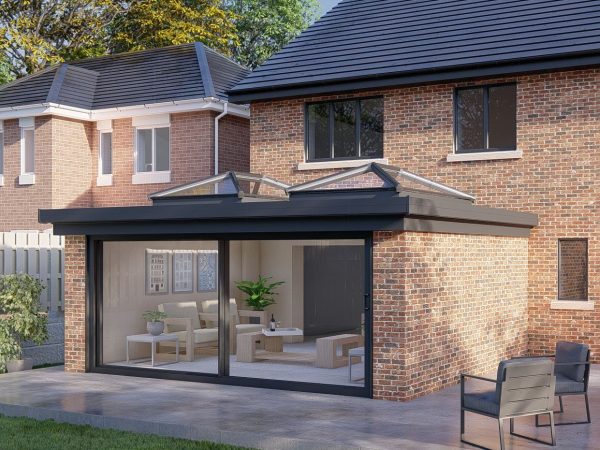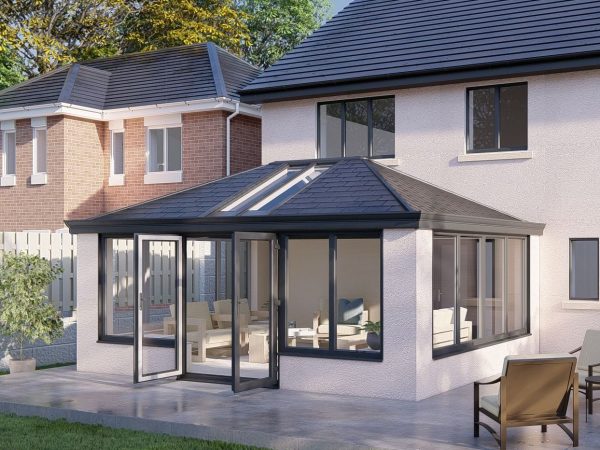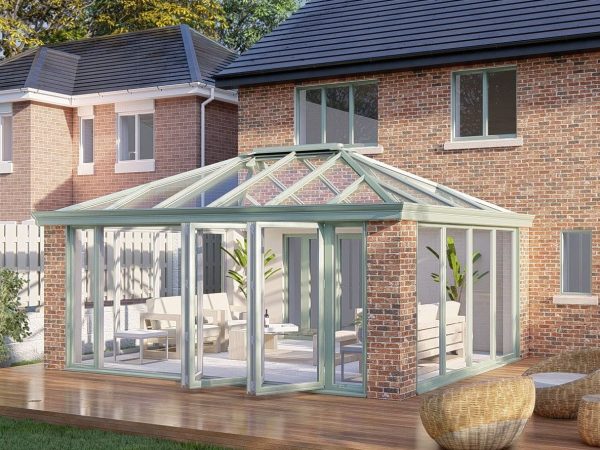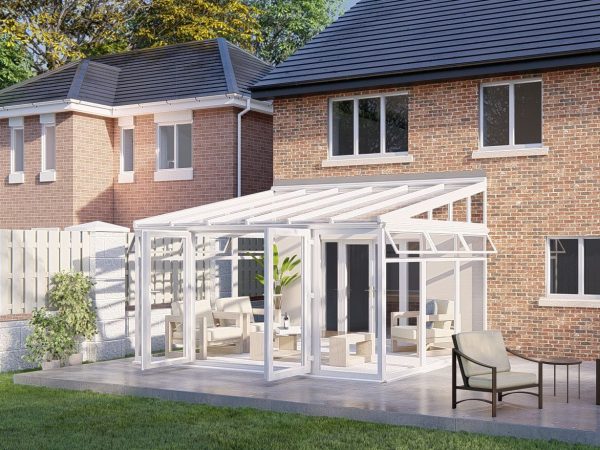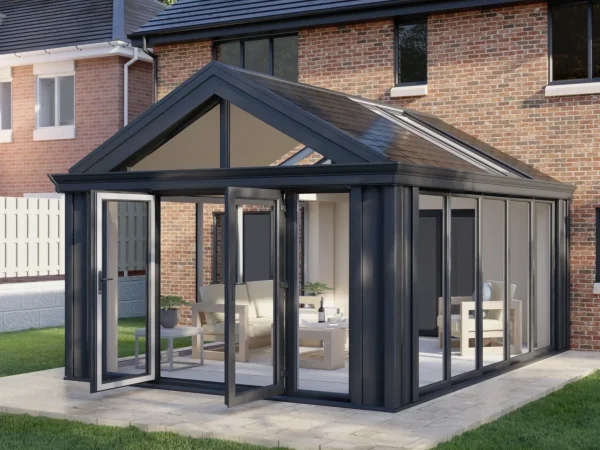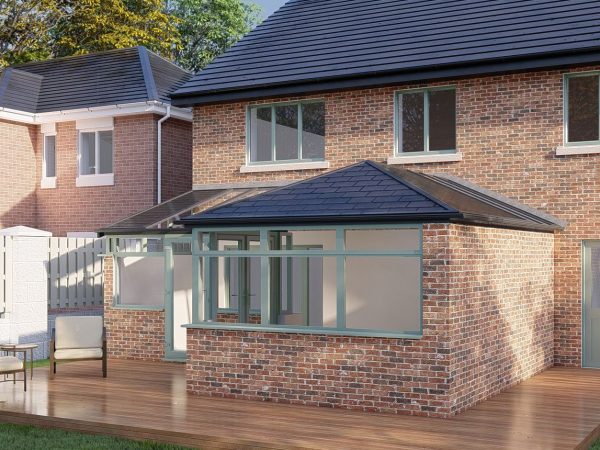Why do windows in coastal homes not last as long?
Year-round high winds blowing salty air at your home, combined with driving rain and broad seasonal variation in the weather can cause your windows and door frames to age significantly faster than those of houses further inland.
The damage can be purely aesthetic to start with, with only superficial damage to your frames like bubbled coating, stubborn stains or faded colour. Eventually, however, ever-present moisture, alkali and salt can begin to affect the structural integrity, shape and fit of your windows and doors. This can result in warping and sticking, far from the smooth motion you’re used to from your windows.
It can be tempting to ignore these issues when they start to occur. However, as your coastal home is buffeted year-round by stiff sea breezes and the sound of squawking seagulls (and tourists!), the result can be a progressively draughtier, noisier home as the damage builds up.
Solutions for the Seaside
Fortunately, in the modern world, we have the materials and specialised coatings to manufacture windows that can stand up against coastal conditions for decades when maintained correctly.
Our team has years of experience weatherproofing houses all over Cornwall and can work with you to find and properly install the product that’s suitable in your specific case. All of our products are manufactured in Clevedon, where they’re rigorously tested to ensure they can cope with Cornish sun, rain and wind.
One stand-out option we like to showcase is our MarinespecTM components, which use a British-designed-and-made coating that can help them to last up to 25 years in even the most wind-blasted setting. We know our windows are designed to be durable in the long run and can cope with conditions where other, non-purpose-built windows may quickly run into issues.
At CTG, we manufacture our window frames from two main materials, uPVC and aluminium. These materials are hard-wearing, insulative and can be designed, coloured or finished to fit well with the unique aesthetic profile of your home. However, there are subtle differences between the two.
uPVC is, on balance, slightly cheaper than aluminium and a slightly superior insulator, while aluminium’s natural strength and resistance to wear and tear means it looks newer for longer. For those seeking a more rustic feel, uPVC can be treated and finished to give the appearance of quality wood, but without the high level of maintenance those frames usually need.
On the other hand, aluminium’s tensile strength allows for thinner frames and larger windows, which might be perfect for those looking to fit a bright, expansive room with a panoramic view of the sea.
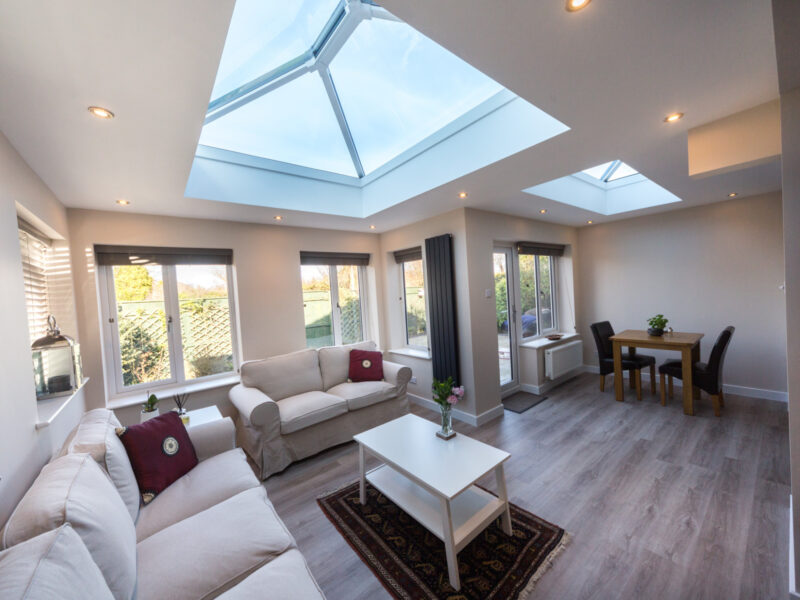 Architect Designed Living Spaces
Architect Designed Living Spaces
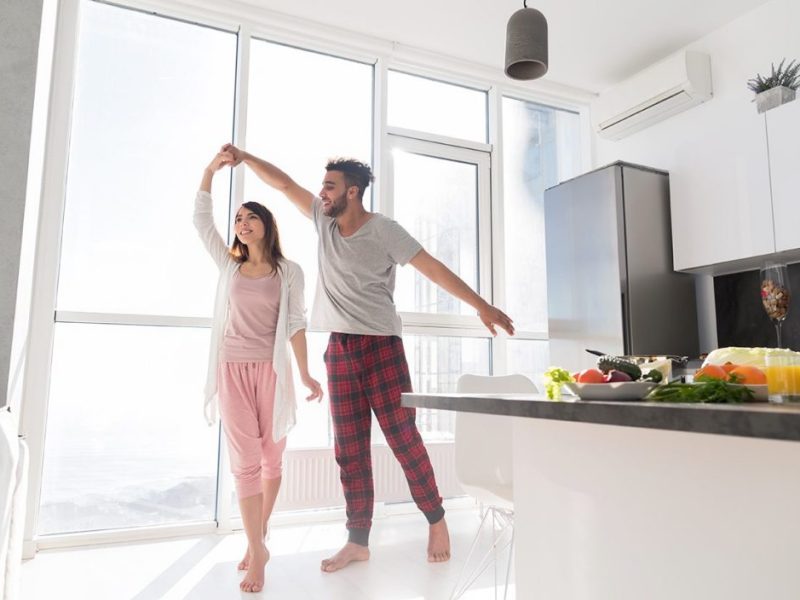 Finance Options Available
Finance Options Available
